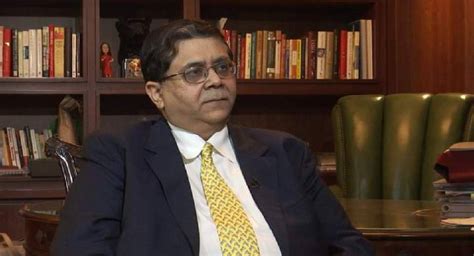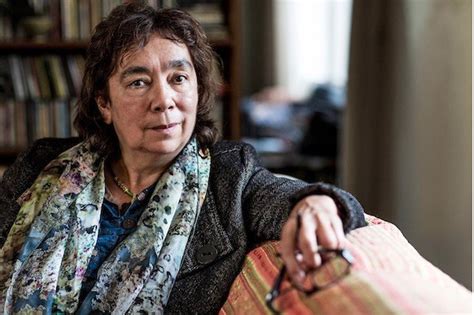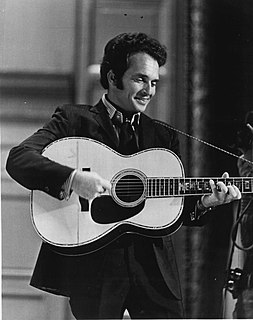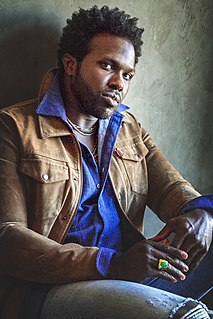A Quote by Molly Antopol
I can't imagine writing something that didn't address Jewish themes and questions. It's such a big part of my life, a lot of the way in which I experience the world.
Related Quotes
India is developing a lot of soft power, and it's not just about us providing outsourcing and call centers to the world. We are providing a lot of thought and a way of life. I think we're also respected for fundamentally a non-violent belief thanks to our religious roots whether it's Hinduism, Jainism, Buddhism, we contributed more religions to the world than any part of the world and that's something which does find its way into how the world looks at it.
Lately, I'm thinking a lot about, in parenting and in my writing, how to create a language about sexism in a way that is attractive and approachable to this age group. I can teach my daughter about not talking to strangers but I can't teach her about how to succeed in a sexist world or even how to exist as a body in a sexist world. I want to begin by asking girls what they want and why they want it? Interrogating that. If this is the sex life you want, what makes you think you want that? I imagine the only way to authentically get at sexuality is by asking those questions.
I strongly believe that a small Jewish clique which has contempt for the mass of Jewish people worked with non-Jews to create the First World War, the Russian Revolution, and the Second World War. This Jewish/non-Jewish Elite used the First World War to secure the Balfour Declaration and the principle of the Jewish State of Israel.
We have to think big. We have to imagine big, and that's part of the problem. We're letting other people imagine and lead us down what paths they want to take us. Sometimes they're very limited in the way their ideas are constructed. We need to imagine much more broadly. That's the work of a writer, and more writers should look at it.
We learnt a lot because we got in with real choreographers who tell you what they need from a song, because a song has to advance the story. Then real directors like Mike Nichols tell you where you can have 'B themes' and 'C themes', and we go oh yes, B themes and C themes! So we were taught in the finest school amongst the finest people. And also by the school of experience.
A lot of my writing is not terribly civilized. Sometimes I listen to songs by very smart writers who assume that the world is a civil place with certain formalities that people follow, but I don't see things that way. My own experience tells me that life is not like that. That's why I write the way I do.
In my life there were a lot of situations where I could have been killed or some officer might have been killed chasing me, a lot of things could be different. Now, you know that's experience you can't buy. And it's there in my rearview mirror and I can refer to it in my writing. I have the experience to talk about things some people only imagine.
If somebody asks me about the themes of something I'm working on, I never have any idea what the themes are. . . . Somebody tells me the themes later. I sort of try to avoid developing themes. I want to just keep it a little bit more abstract. But then, what ends up happening is, they say, 'Well, I see a lot here that you did before, and it's connected to this other movie you did,' and . . . that almost seems like something I don't quite choose. It chooses me.
Everyone's got something that they've held onto from their childhood or from a past relationship, someone who's told you what you are, and it's leaving all that behind and living a happy life and realizing that a lot of that is inside you - really uncovering that. The story - those themes - are heavy themes that everyone can connect to.






































